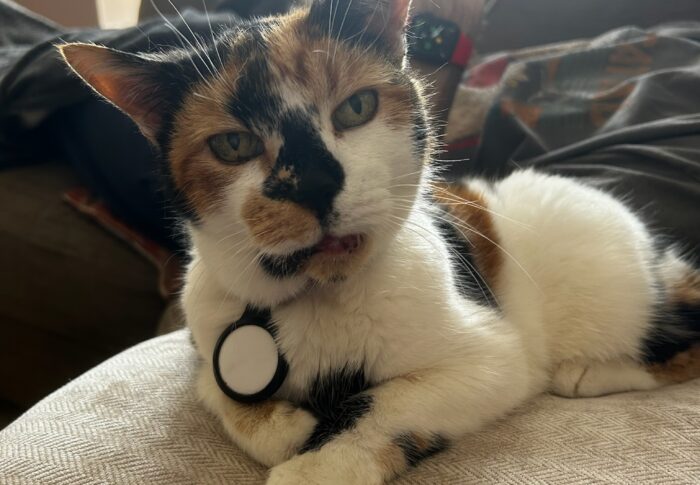
How To Process Grief And Loss – Part 2
Welcome to the second post about how to process grief and loss. In part one, I talked about what bereavement and grief are as well as the different types of grief. So now we know what grief is, I want to talk about how to process it.
Before I begin, I want to stress that I know everyone is different, as is the source of their pain and their way of processing grief. This article is not intended to be a one size fits all how-to, just a guide to get you started.
Do Not Try To Ignore It!
As the saying goes, denial ain’t just a river in Egypt. Trying to pretend your grief doesn’t exist or ignoring it will prolong your grief. The only way to deal with your loss is to work through it. Acknowledge your grief, and take time to feel your pain as terrible as it can be.
Don’t Be Afraid If You Don’t Cry
Anytime you see death on TV or in a movie, everyone is inevitably sobbing. They burst into tears when they’re informed, and you see them crying for a long time. However, crying is not the only way to express or process grief. As I explained in my depression posts, I rarely cry when my illness is at its worst. Instead, I exist in a grey, numb void. A lack of tears doesn’t mean you’re not processing your grief.

There Is No Timetable For Grief
Some people think that others are taking too long to grieve or that they’ve gotten over it too quickly. As I said above, everyone deals with grief differently. You should only worry if they appear in complete denial or their grief is so profound you fear they may harm themselves. Otherwise, trust they’re handling it.
Don’t Judge Yourself
Grief is a strange beast, and it can throw up all kinds of bizarre and unexpected emotions. Here are a few examples:
- You might be angry that the person has left you
- Guilty that you neglected them when they were alive
- Relieved that the burden of caring for them is over
- Happiness. Yes, really. You may remember something stupid they did or said and start laughing and may even feel happy
There are no wrong emotions. Your mind is working its way through your loss, and there’s no right way to do it. Do not judge yourself.
Talk
One of the best ways to process grief is to talk. There are many bereavement counsellors, but you don’t necessarily need to speak to a professional. You simply need to find someone you trust and who is willing to listen.
You may think that you don’t know what to say, but you will probably find that the words will come once you begin. If you find it hard to talk about your feelings, start with your memories of the person you’ve lost. Don’t be afraid to talk about difficult memories as well as good ones. Your subconscious will use it all to sort through how you’re feeling and help you process your grief.

Take Care Of Yourself
I get it. When you feel so profoundly miserable, you just want to slump. To melt into a pool on your bed and do nothing. Everything seems pointless and too much effort. Washing, getting dressed, and eating all seem mammoth tasks, so exercising or cooking healthy meals may seem impossible.
As difficult as it is, try to take care of yourself. Eating convenience foods, not washing and lying in bed all day will make you feel worse, not better. Make it your mission to wash every other day and try to dress and eat one healthy food every day. Trust me; even if it’s only 0.5%, you’ll feel better.
Watch Out For Depression
Sadness is a perfectly normal way to process grief. However, if it continues for a prolonged period, it can cross the line into clinical depression. You will likely need professional help if this happens.
There is no way to be sure whether you’re suffering from grief or depression without an official diagnosis; however, there are things you can look out for.
Time – If your loss occurred less than six months ago, it’s likely your feeling are grief. If you’ve been feeling this way for more than six months with no change, then it’s worth talking to your doctor.
Consistency – Grief tends to come in waves, triggered by places, memories or even smells. Depression presents with a consistently low mood with far fewer peaks and troughs.
Desire – when you lose someone you love, the only thing you want in the world is to see them again. Depression saps away all desire. You don’t want to see anyone do anything or even exist.
Hang On
The main thing you need to do to process grief is hang on! It feels like you will never be ok again, let alone happy, but you will. It will take time, and you’ll feel a lot of pain, but little by little, you’ll feel better. I understand, and I’m sending you all the positive thoughts I can. Bye for now.






